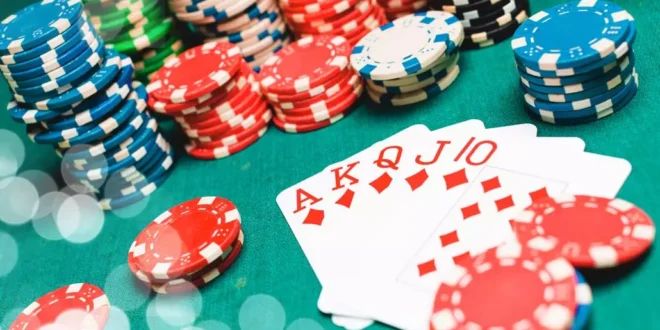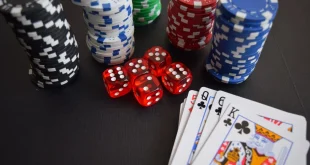Poker might not be the oldest game out there or the most complex, but it’s certainly one of the most popular card games in the world. One of its great appeals is the number of variations available to play. Trying different kinds of poker is a great way to add depth and diversity to your skillset.
Where can I play poker online?
First things first – not every aspiring poker player has the luxury of being able to swing by an in-person tournament. For most players, the easiest way to get your poker fix is to join an online poker game. Players can either find these on dedicated poker sites like PokerStars or on online casinos that offer a variety of poker games, such as 888 Casino, which offers a wide variety of poker variations to suit any player.
Classifying poker variants
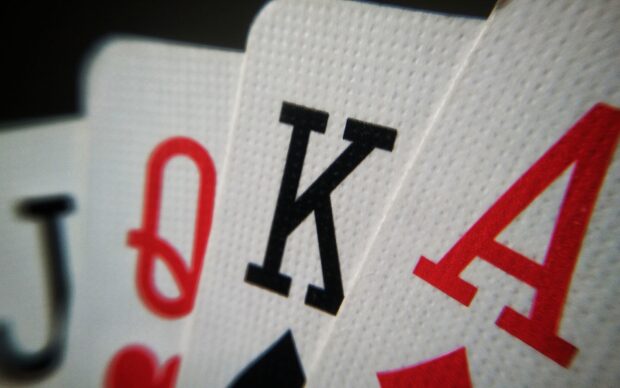
As we’ve mentioned above, poker’s a very loose classification of a wide range of games, but there are a few things that all variations of poker have in common. The basics of any given poker game are as follows:
- Two or more players compete to win pots of chips or cash.
- All players receive a set number of starting cards (depending on the variation).
- On each turn, players can call, bet, check or raise.
- Players win the pot either by making everyone fold or having the best hand in a showdown.
Poker game types
Once you get past the basics, poker can be broadly categorized into four overarching game types. We’ll go into the classifications of these below, before drilling deeper into the rules behind specific popular poker variants.
Draw poker
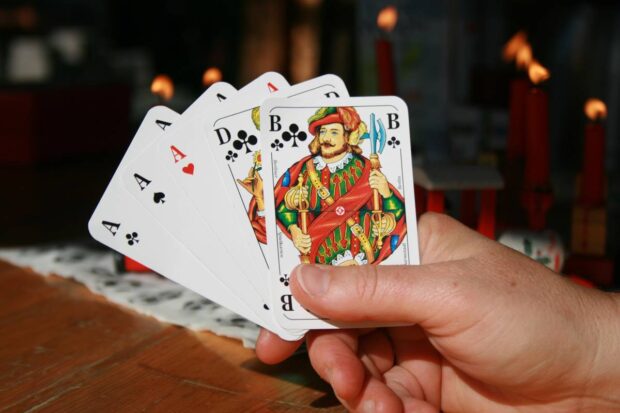
Draw poker does what it says on the tin – players draw cards from the deck to make up a hand. The most popular variant of draw poker involves a five-card starting hand, and players draw and discard trying to improve their hand. It’s a great variant for beginner players trying to learn the ropes.
Stud poker
In Stud poker, everyone still plays with their own set of cards, but it differs from Draw poker in that players must expose some of their cards throughout the game. While opposing players can gain information from this, skilled players will use these upturned cards to make bluffs and mislead their opponents – either into reckless bets or early folds.
Community Card poker
Community Card poker includes the most well-known variant – Texas Hold’em. In Community Card games, players start out with a smaller hand (known as a hole) and everyone has sight of a set of community cards in the center of the table. Players combine their hole cards with the visible cards to create the best hand, and go through rounds of betting as the cards are revealed.
Mixed variants
Mixed variants are games that combine two or more types of classic variants. Usually, the game will cycle through variants each round, such as in H.O.S.E., where the game cycles through Texas Hold’em, Omaha, Stud, and Stud Eight or Better.
Favorite game variants
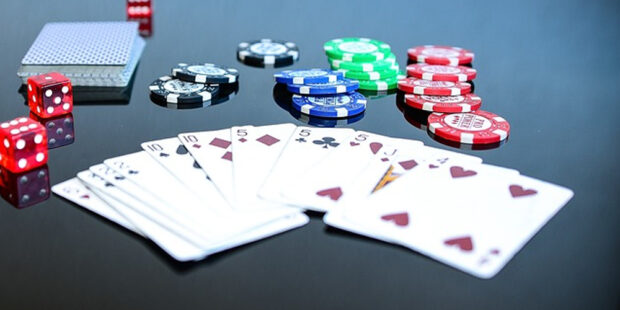
Now that the broader categories of poker have been dealt with, let’s take a closer look at some all-time favorites.
Texas Hold’em
Texas Hold’em is an all-time favorite and is the variant played at the World Series of Poker. Any player worth his salt knows this one. Players start with two cards and five community cards go into play. Players are forced to place small blind and big blind bets, and there is a round of betting pre-flop, and then after each draw. The best five-card hand wins.
Seven-card Stud
A type of Stud poker, Seven-card Stud will deal players a total of seven cards by the end of the game – four hidden and three exposed. The betting is usually fixed in this variant and each player is forced to put an ante bet on each turn. In addition to this, the player with the lowest exposed card must place a bring-in bet, beginning a classic poker betting round.
Five-card draw
Five-card draw is from the final of our main kinds of poker – Draw poker. Initial forced bets are antes for all players, and then each player will be dealt a five-card hand. The player to the left of the dealer can then either bet or check, and play continues around the circle. Once a round of betting concludes, players have the option to exchange (draw and discard) one or more of the cards in their hands, trying to form a better one.
 Poker Players Alliance Casino & Gambling Articles 2024
Poker Players Alliance Casino & Gambling Articles 2024
